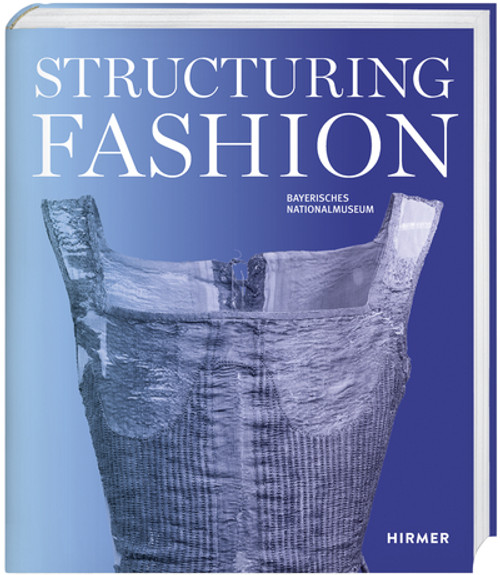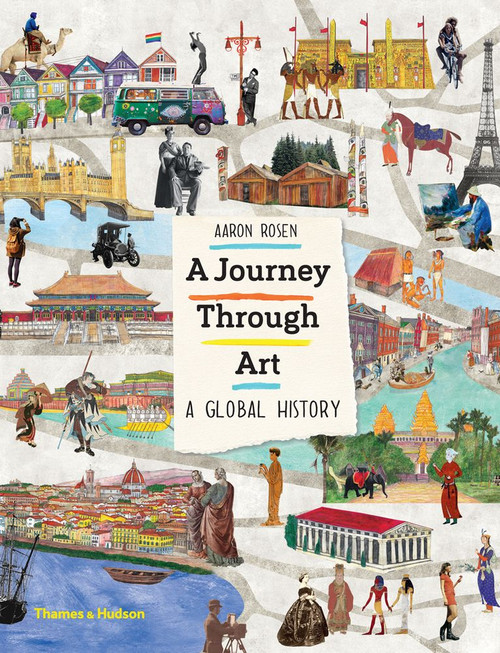The shaping of the body through clothing has repeatedly played a major role across the centuries; in Europe changes in fashion were always accompanied by changes to the cut of clothing and hence to the silhouette of the body. This lavishly illustrated volume delights the reader with illustrations of numerous original items of historical clothing and insightful essays.
At an international conference in the Bavarian National Museum the focus lay on the history of body-shaping underclothing from the Middle Ages to the present day from a number of different perspectives. For example, highly restrictive garments permitted the characteristic appearance of fashion during a particular era because it was only possible to achieve the desired silhouette when what was underneath was right as well. The narrow waist created with the help of laced bodices and corsetsand the extravagant forms of the crinoline also gave rise to contemporary criticism. Costume historians of international repute present their latest research into the subject.
At an international conference in the Bavarian National Museum the focus lay on the history of body-shaping underclothing from the Middle Ages to the present day from a number of different perspectives. For example, highly restrictive garments permitted the characteristic appearance of fashion during a particular era because it was only possible to achieve the desired silhouette when what was underneath was right as well. The narrow waist created with the help of laced bodices and corsetsand the extravagant forms of the crinoline also gave rise to contemporary criticism. Costume historians of international repute present their latest research into the subject.







